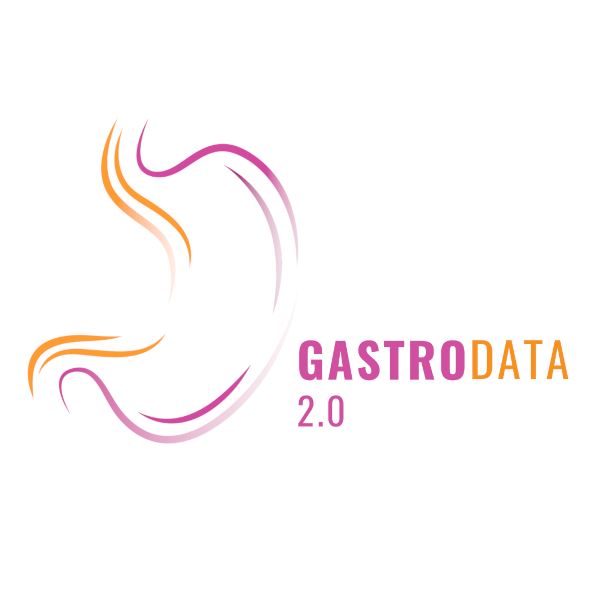GASTRO-CORE
This project is reserved for centers with recognized expertise in gastric cancer care; they must also have the internal resources for prospective data collection. Entry into the study group may be by invitation from the GASTRODATA scientific committee or by self-application, which will be evaluated taking into account the clinical data (in terms of volume and stated outcomes) and the scientific data of the center. The study will provide consecutive inclusion of all patients undergoing gastrectomy for cancer as of January 1, 2025. Patient, neoplasm, surgery and postoperative course data will be collected. The outcomes will be related to hospital length of stay, any reinterventions and hospital readmissions, complications defined according to the previously shared list and graded according to CLAVIEN-DINDO, and of course mortality. Data are to be entered on the day of surgery, at the time of discharge and at 90 days. The aim of the study is to define a benchmark of postoperative complications and mortality, specific for european centers.GASTRO-WIDE
This project is dedicated to all centers wishing to enter patients into the GASTRODATA registry on a voluntary, open-access basis. The study involves the inclusion only of patients who have had in the postoperative period one of the complications listed in the previously defined list. The objective of the study is to analyze, also in relation to surgical volumes, the risk factors, management of complications, and clinical outcomes of patients who have had a less than ideal postoperative course.PUMA
The puma study: pattern of distribution lymph node metastases in gastric carcinoma. A multicenter european observational study.There is now general agreement that D2 lymphadenectomy should be considered as the standard of care for curative intent surgery in patients with advanced gastric cancer. No data are currently available on incidence and distribution of nodal metastases according to depth of tumor invasion, location and histological or molecular subtype in the West. This information would pave the way for directly tailored approaches with potential impacts on complications and survival. Moreover, some variations seem to persist in the approach to lymphadenectomy among European surgeons. This variability is related to multiple factors as BMI, previous abdominal surgery and surgical approach (open/minimally invasive). These factors could be responsible for different compliance to standard lymphadenectomy, number of retrieved lymph nodes and survival discrepancies. This study aims to investigate the distribution of LN metastases according to tumour’s characteristics and adherence to planned lymphadenectomy across dedicated surgical Centers throughout Europe.
GASTRODATA REGRESSION
Multicentric evaluation of histopathologic regression after neoadjuvant chemotherapy for gastric cancer – multicentric analysis of the GASTRODATA registry.Although there is high quality evidence for perioperative chemotherapy in patients undergoing treatment for locally advanced gastroesophageal junction and stomach cancers, not all patients benefit equally well from this multimodal concept. Histopathologic regression after neaodjuvant treatment and oncologic surgery was shown to be a prognostic factor for overall and disease-free survival. However, these data were mostly reported from single center cohor studies or derived from substudies within RCTs that did not focus on this specific issue. This study aims to analyze the outcomes of multimodal treatments in a large multicenter center cohort in Europe (GASTRODATA registry). The purpose of this multicenter analysis is to validate single center experciences by analyzing data from patients treated with NCT, followed by intended curative oncological gastrectomy for locally advanced gastric or gastroesophageal cancer. Uni- and multivariate regression analysis will be performed to identify predictors of overall survival(OS) and disease free survival (DFS) in regard to histopathologic response (according to Becker) after oncologic resection. Besides this it is intended to evaluate the influence of Lauren histotypes on histopathologic response rates and also to provied data for future revision of the UICC/AJCC staging in regard of neoadjuvant treatments. The GASTRODATA platform has almost all data already in place. Participating centers are asked to add histopathologic response and follow up data of those patients who were already included in the previous studies.
